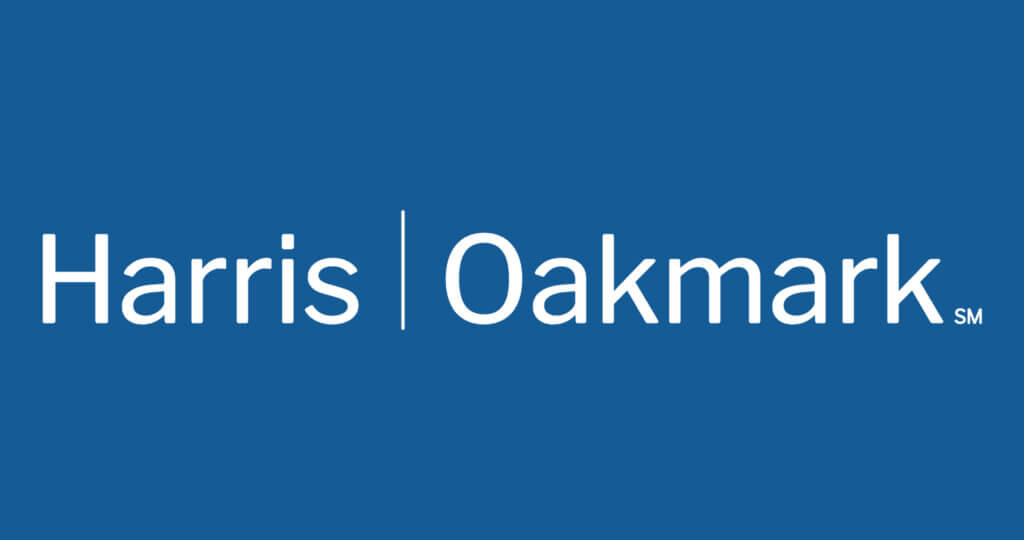Fellow Shareholders,
Though international share prices started off 2012 with very robust first-quarter performance, volatility and weakness returned in the second quarter. For the three months ended June 30, Oakmark International and Oakmark International Small Cap produced losses. Both strategies underperformed their respective benchmarks for the period, but remained above them year to date and over the longer time periods. (View Oakmark Funds’ performance here.)
Volatility – tough to stomach, but good for your financial health!
The second quarter was dominated by volatility brought on by macro fears largely surrounding Europe and the eurozone economic situation, but slower growth in the U.S. and the emerging markets also weighed in on people’s fears. For a change, events in Japan received almost no attention!
In Europe, markets remain impacted by the inability of eurozone leaders to develop effective economic policies to deal with what ails them: fiscal imbalance and the crying need for supply-side reform. As of late June, there seemed to be a breakthrough on the fiscal front with an agreement on how some of the various rescue funds are to be implemented. While this will impact the situation in the short run, ultimately, southern Europe will need serious supply-side reform. There is some hope here as well, as both Spain and Italy recently passed laws that soften obtrusive labor market policy that created strong disincentive to hire. France seems to be moving backwards, however, with the election of a new government that has promised higher minimum wages and early retirement age.
The emerging-market economies have slowed their rate of growth partially as a result of weak demand for their goods from Europe. Despite this, I feel the EM growth story is still very much intact, even as the current rate of growth slows. China, in particular, has slowed from a growth rate around 9% to one around 7%. However, given the high personal savings rates in China at close to 40% and the low levels of personal consumption, I still believe the long-term China growth story continues, with perhaps the source of growth moving from investment to consumption as some of the pent-up demand for consumer goods begins to get absorbed.
As mentioned, all of this uncertainty has dramatically impacted share prices of global equities in general and European stocks in particular. This is true especially for European financials, industrial and consumer discretionary stocks. However, given the low equity market valuations and the high valuations in most of the developed fixed-income markets, the strong sell-off in stocks seems to be way overdone. Note that the fundamental value of any business is determined by the present value of ALL future cash flow streams. However, “Mr. Market” frequently prices businesses based on short-term macro and political fears. Our task is to incorporate the impact, IF ANY, these fears have on the actual ability of companies to generate current and future cash flow streams, as it is these streams, not political uncertainty that is the key determinant of business value. In most cases, this key number – the present value of all cash flow streams – is at worst mildly impacted by market volatility and thus we are provided with a buying opportunity. Specifically, given that our investment time horizon is one of an investor and NOT a trader, we can take advantage of a weak market environment by investing in what we believe are high-quality businesses at very low prices. Thus, as mentioned before, it becomes a very fertile environment for value investors.
In closing, we appreciate your confidence and patience in these trying times. And we remain confident that, by executing our value philosophy in a disciplined way, we will continue to generate above-average investment returns over the long term.
Past performance is no guarantee of future results. The performance data quoted represents past performance. Current performance may be lower or higher than the performance data quoted. The investment return and principal value vary so that an investor’s shares when redeemed may be worth more or less than the original cost. The performance of the Funds does not reflect the 2% redemption fee imposed on shares redeemed within 90 days of purchase. To obtain the most recent month-end performance data, view it here.
Investing in foreign securities presents risks that in some ways may be greater than U.S. investments. Those risks include: currency fluctuation; different regulation, accounting standards, trading practices and levels of available information; generally higher transaction costs; and political risks.
The stocks of smaller companies often involve more risk than the stocks of larger companies. Stocks of small companies tend to be more volatile and have a smaller public market than stocks of larger companies. Small companies may have a shorter history of operations than larger companies, may not have as great an ability to raise additional capital and may have a less diversified product line, making them more susceptible to market pressure.
The discussion of the Funds’ investments and investment strategy (including current investment themes, the portfolio managers’ research and investment process, and portfolio characteristics) represents the Funds’ investments and the views of the portfolio managers and Harris Associates L.P., the Funds’ investment adviser, at the time of this letter, and are subject to change without notice.







